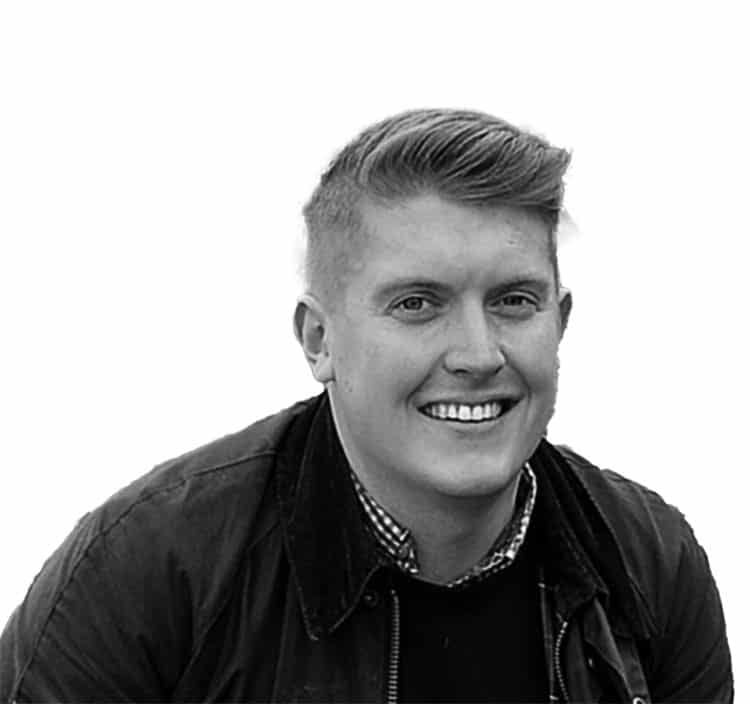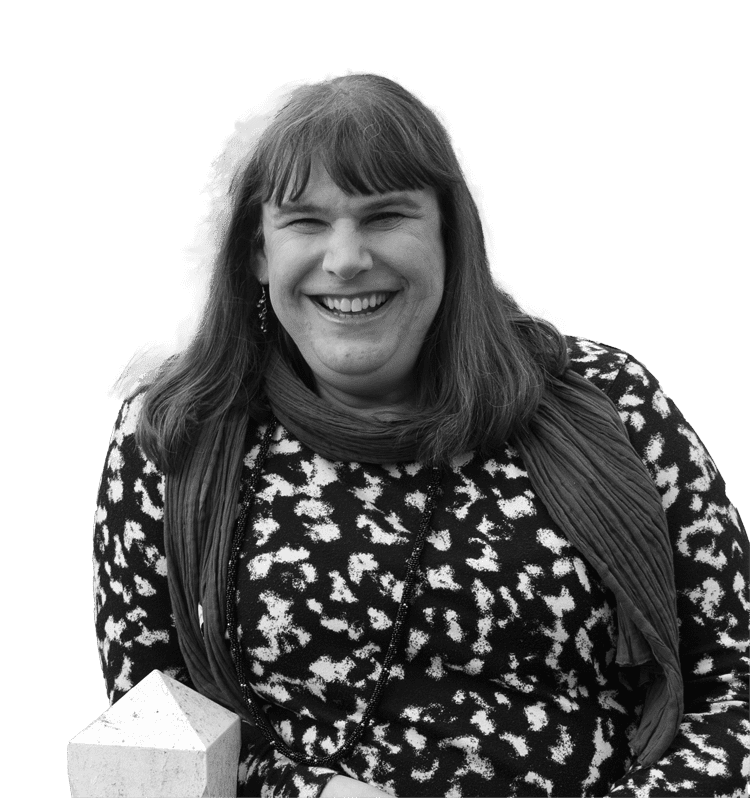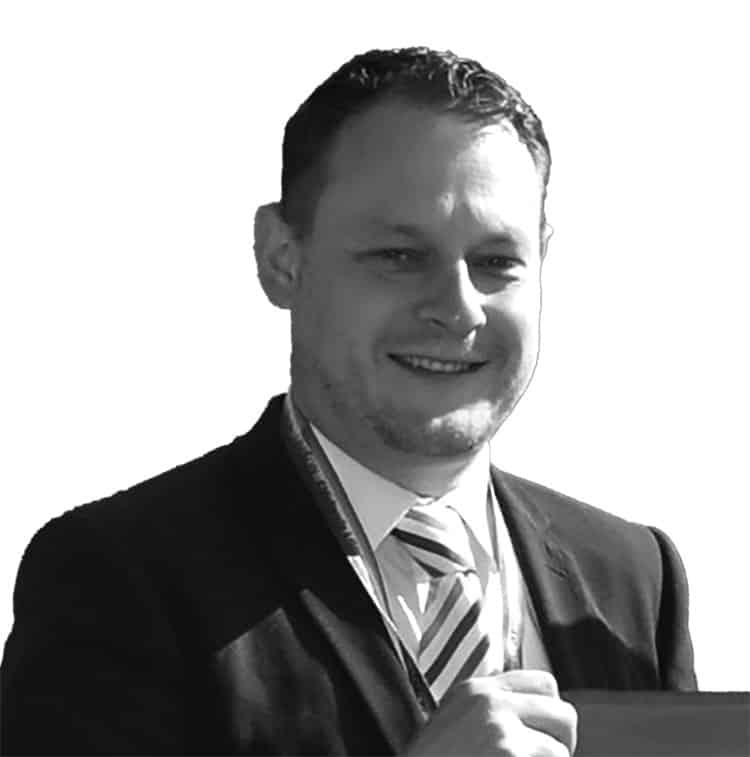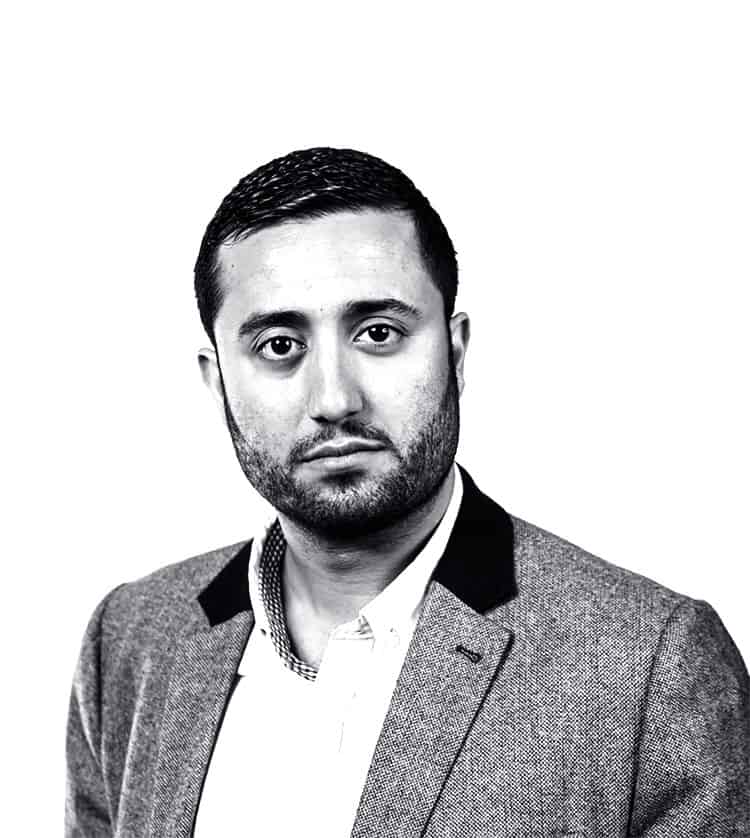At the heart of local government is the need to ensure everyone in our communities is treated equally, with dignity, and has fair access to resources and opportunities.
This is also true of our local government workplaces and council chambers.
The LGA provides a range of resources to support councils’ external and internal work on equalities, diversity and inclusion (EDI) – including our EDI hub, Be a Councillor campaign, workforce resources, and our new LGBTQ+ Weekender event for LGBTQ+ councillors to network and share their experiences (see also Representative of our communities).
With many councils and schools marking LGBT+ History Month in February, first has been hearing from LGBT+ councillors about their experiences, hopes and plans – see below.
LGBT+ History Month, an annual initiative by the charity Schools OUT UK, provides an opportunity to celebrate and recognise LGBT+ people and culture. This year’s theme is ‘politics in art’ – visit lgbtplushistorymonth.co.uk to find out more.
The importance of role models

Councillor Joe Porter (Con) is Cabinet Member for Climate Change and Biodiversity at Staffordshire Moorlands District Council
The UK has made huge strides with LGBT+ equality, particularly since 2000, but we’ve got an awful lot to do. For example, health services need to be more inclusive for LGBT+ residents.
I’m not the biggest fan of Tony Blair, but he did lots of great things – enabling gay people to adopt, allowing civil partnerships, and legalising entry to the military.
Under David Cameron we got marriage equality, under Theresa May we got the world’s first ever LGBT+ Action Plan and tackled workplace discrimination, and Boris Johnson has committed to banning conversion therapy – something really important in respect of the mental health of LGBT+ people.
I came out in October 2016, and it was the party that gave me the confidence to be my true and authentic self.
I regret and disagree with Section 28, but the Conservative Party now stands for equality of opportunity, regardless of background, and that’s so important.
Role models are absolutely vital. Justine Greening really inspired me (and she knows, because I told her!) as the first openly gay woman in a Conservative cabinet. She was a fantastic equalities minister. I’m also a massive fan of [actor and musician] Olly Alexander, who starred in ‘It’s a Sin’, which was such an important TV series for people understanding the LGBT+ community.
Role models are essential in every sector, and I hope I can inspire other young people, and especially LGBT+ young people, to get involved in politics. (I’m 25 and have wanted to be a councillor since I was 12 years old.)
Councils and political groups need to do better on reaching out to young people, particularly LGBT+ young people, who have a lot to offer in terms of public service and changing things for the better.
We need to have open, frank conversations about how we work. A lot of councils are geared towards older and retired people, with meetings during the day. If you haven’t got a job with a boss prepared to offer you maximum flexibility, then you will struggle to do what’s required as a local councillor to serve your local community.
Making people’s lives better

Councillor Helen Belcher (Lib Dem) was elected to Wiltshire Council in May 2021
From the excitement of campaigning and the election count (which was drawn out over two days because of the pandemic), I’ve now had a number of months to get to grips with being a unitary authority councillor.
Good grief – the amount of reading! Those first two weeks of induction training were intense.
As a fairly prominent trans woman, who sticks her oar into some trans issues, it’s a relief, frankly, to be working on things that affect the day-to-day lives of everybody – bins, roads and planning. Helping someone vulnerable to get appropriate housing after they had been made homeless was something I was particularly pleased to achieve.
But being a fairly prominent trans woman means I do get a level of attention that can be problematic. Not that I’m claiming councillors should be above scrutiny – I think the exact opposite; rather that it seems to have opened me up to a level of personal abuse on local social media that I’ve never seen before.
Sadly, given the disgusting nature of some of the comments, I’ve now got to the point where I’m having to consider legal action – something that surely has to be the last resort for any elected official.
When abuse is doled out by someone living relatively close to you, it becomes frightening. More than that, it’s a distraction from what I want to do, which is make peoples’ lives in my neighbourhood better.
So, it is pleasing to see many local residents leap, unasked, to my defence.
Having said that, it’s a relief that other councillors, as well as officers, treat me as a normal human being – albeit maybe a slightly annoying human being given the number of questions and problems I have passed to officers over the past few months.
Despite the noises off, it remains a privilege and a pleasure to be in a position to make a difference to the lives of all my neighbours, and that is what I will continue to do for the remainder of my term. None of us would do any different.
Equal rights all year round

Councillor Jason Zadrozny (Ind) is Leader of Ashfield District Council
As an openly gay council leader, I have experienced my fair share of homophobia over the years. Whether it be from opposition politicians or the odd resident – for me, it’s water off a duck’s back.
For others, that’s not the case. It’s not the case for many people who don’t put their head above the parapet. This has got worse since the Brexit referendum, which polarised debate.
Reports of hate crime linked to sexuality more than doubled in this country from 2016 to 2021 – from 8,569 complaints to 17,135. That’s enough to fill Field Mill, home of my nearest football club, Mansfield Town, nearly twice. Transgender hate crimes more than doubled in this time.
When I became Leader of Ashfield District Council, I stated that I didn’t want the council to just put the flags up for LGBT+ History Month, the International Day of Homophobia, Biphobia, Interphobia and Transphobia, or Pride – I wanted the council to represent the views of everybody who works for us and our residents all the time.
At Ashfield, we champion equal rights all year round. Our ethos is one of an ‘Open Ashfield’, where residents and staff can be confident about being open about their sexuality.
Our whistle-blowing policy allows staff to report concerns about homophobia, transphobia, biphobia and acephobia confidentially. They can be confident their concerns will be listened to and acted on.
One of our most popular members of staff is Richard Townsley, of our Community Protection Team, who is the link between staff and management on LGBT+ issues. He ensures our rights are weaved throughout everything we do, that LGBT+ staff are supported, and that training is given to help staff understand the issues facing lesbian, gay, bisexual, and trans people, and those questioning their gender identity.
We will, of course, proudly raise the flags this month – but if we slip from our equalities’ agenda, Richard will be straight on the phone.
Still much to do on LGBT+ equality

Councillor Rishi Madlani (Lab) is Camden’s LGBT+ Champion and Chair of its Pension Committee
Just over two years ago I was delighted to be appointed the Camden LGBT+ Champion by Cllr Georgia Gould, our council leader. This was both exciting but also a terrifying responsibility.
Camden has a long and rich LGBT+ history. For instance, my ward, Bloomsbury, is home to Gay’s the Word – the UK’s oldest LGBT+ bookstore, where Lesbians and Gays Support the Miners once met.
“We need to continue to innovate and drive LGBT+ equality”
We are now lucky to be home to charities such as forum+, celebrating its 20th birthday, which works across Camden and Islington to promote equality for LGBT+ people as well as providing services to support victims of hate crimes.
We were also delighted to hear recently that campaign group Queer Britain had been successful in finding a site in the borough for the UK’s first national LGBT+ museum.
For much of my adult life I’ve been an LGBT+ activist, from co-chairing Pride in Football to being a trustee of Opening Doors, the LGBT+ charity for older people – I’ve always got involved in campaigns to challenge all forms of LGBT-phobia.
That being said, it still took me time to understand how to bring my lived experiences as an LGBT+ person of colour and campaigner to support the work of the council.
In my role, though restricted by the pandemic, I’ve been delighted to help support a programme of work across the council’s activities.
From raising LGBT+ visibility through our rainbow and trans flag crossings to increasing awareness of the issues facing our trans siblings through training and through working closely with our council staff LGBT+ network, we are already making an impact.
The last Labour government reversed numerous discriminatory policies, from the pernicious Section 28 to bans on LGBT+ people serving in the military, and brought progress through the Gender Recognition Act and the Equality Act.
Though some further progress has been made on LGBT+ rights nationally, discrimination and inequalities remain.
We need to continue to innovate and drive LGBT+ equality through all our work in local government – especially in healthcare and education. There is still much to do.